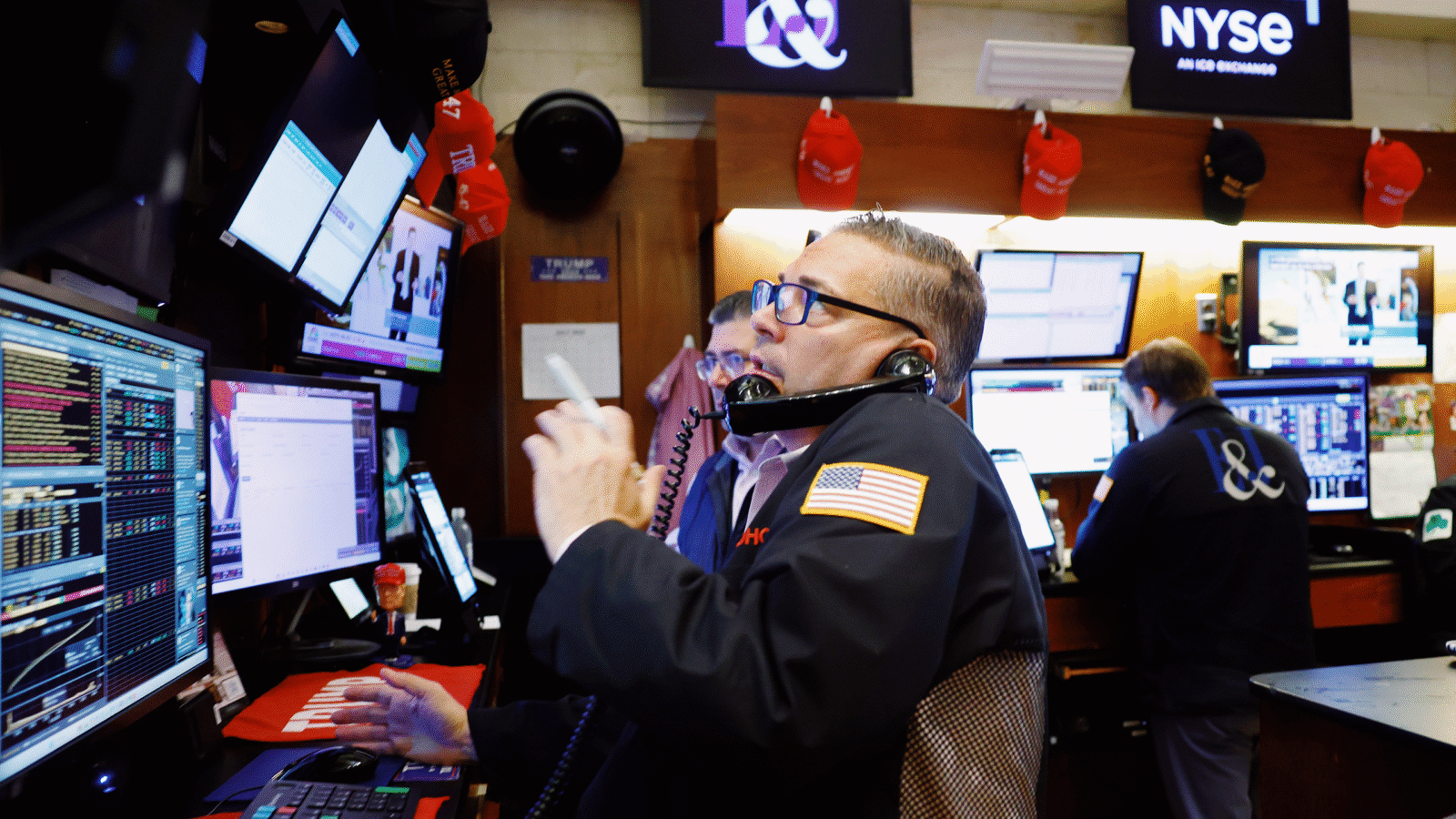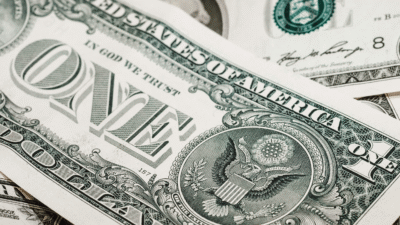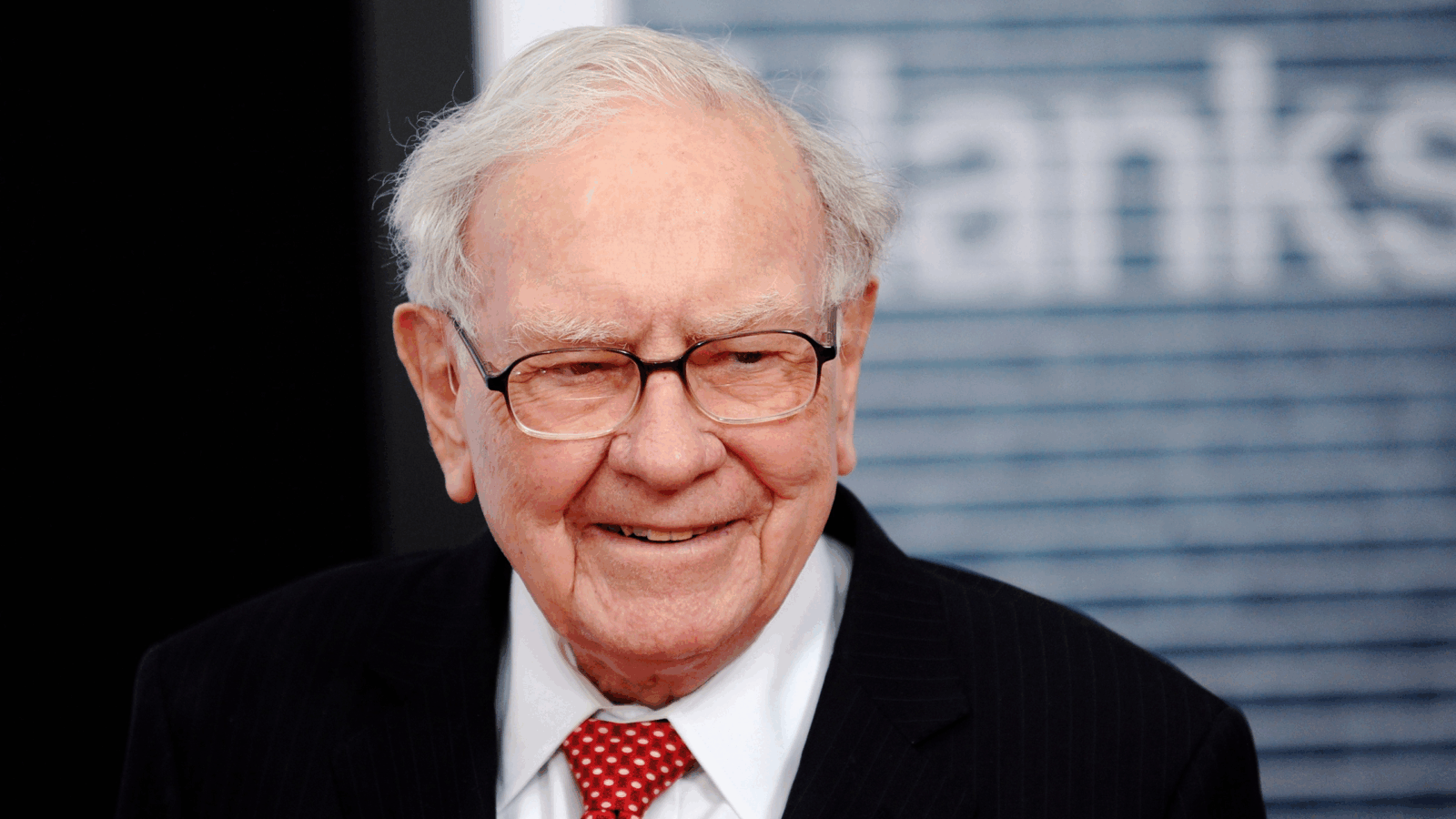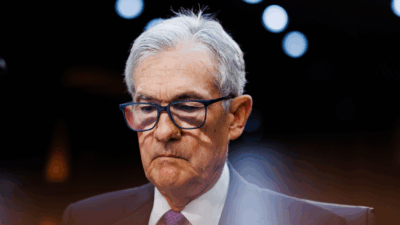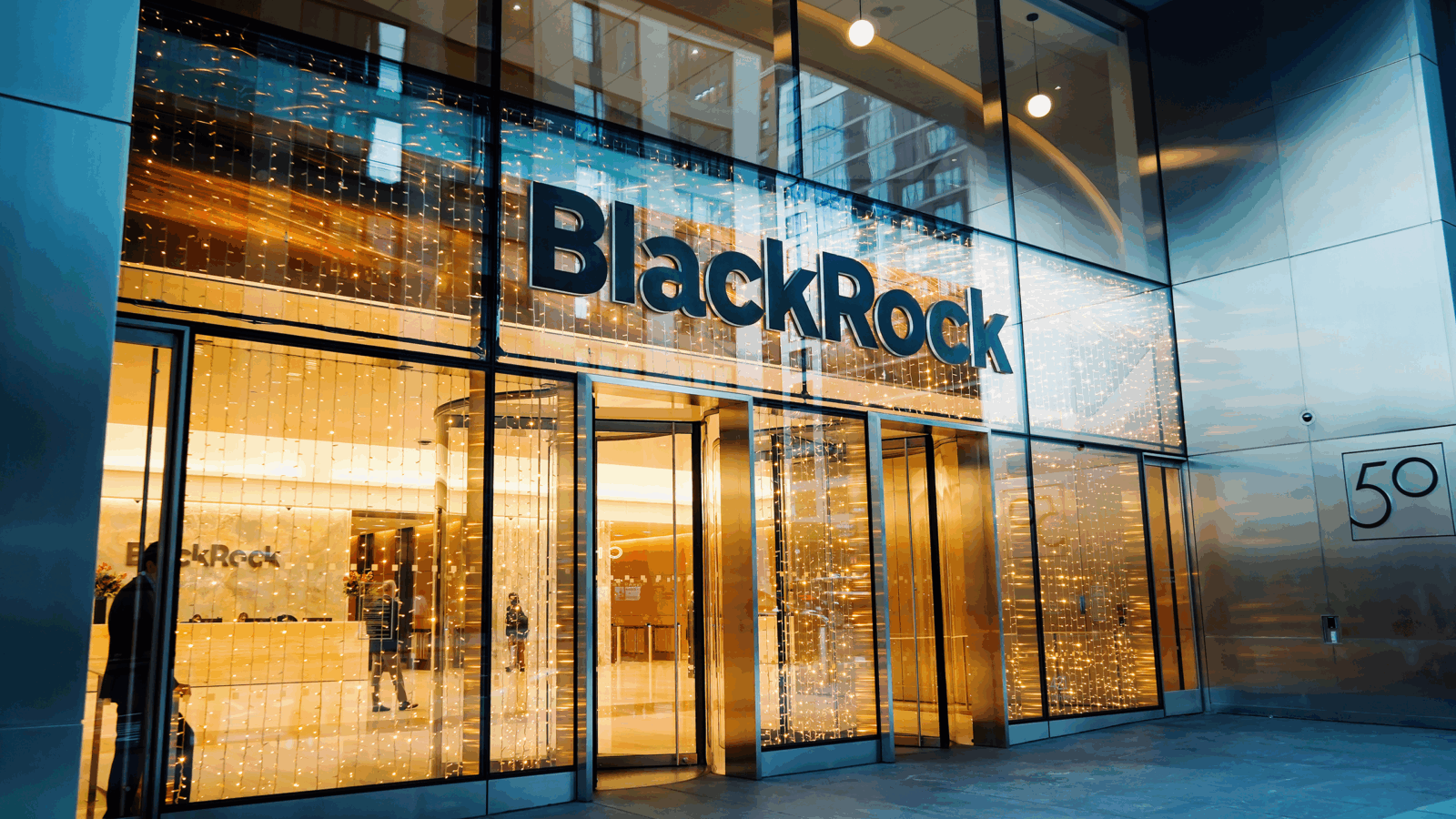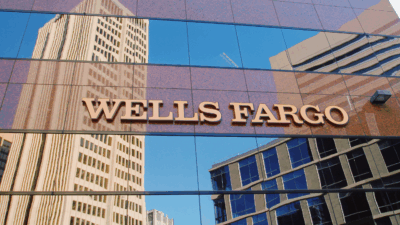US Households Get More and More Comfortable with the Stock Market
Almost half of all US households’ financial assets are tied to public stocks, a near-record high, according to recent Federal Reserve data.
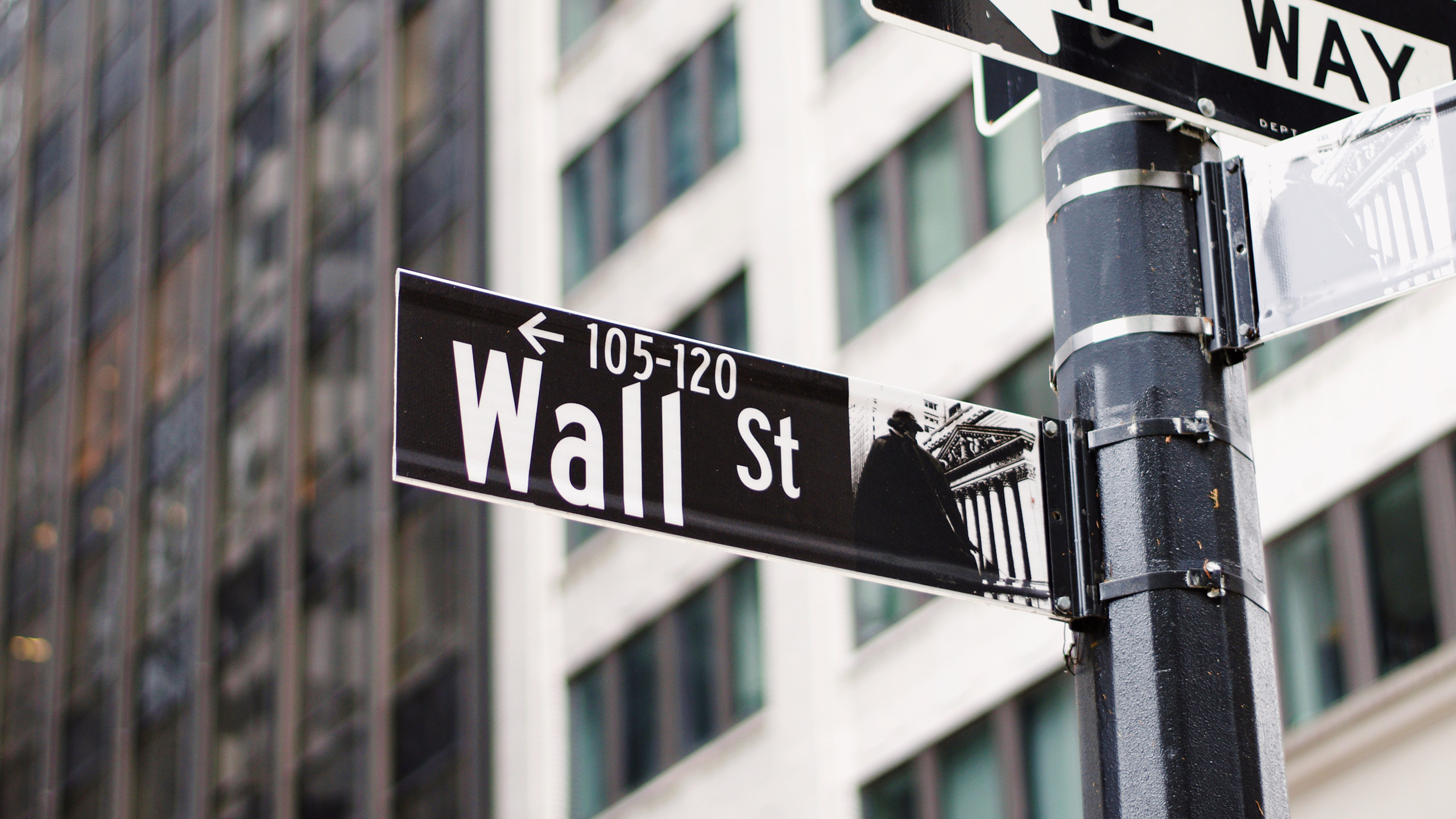
Sign up for smart news, insights, and analysis on the biggest financial stories of the day.
How are Americans responding to inflation, high interest rates, and other forms of financial pain? A record number of them are investing in the stock market.
Almost half of all US households’ financial assets are tied to public stocks, a near-record high, according to recent Federal Reserve data.
Playing the Stock Game
In the first quarter, about 42% of US households’ finances were invested in corporate equities — which includes both directly owning stocks and indirect involvement like retirement accounts — just below its peak in the last quarter of 2021. Before the dot-com bubble burst and the housing market crashed, that same figure stood at 38% and 33%, respectively. Plus, according to the Fed’s latest survey of consumer finances, a record 58% of households now own stocks thanks to a wave of new pandemic-era investors who had extra time and cash on their hands during lockdowns.
Simply put — more people have more money in the stock market. And it’s easy to see why:
- In the past five years, all the major indexes have made substantial gains. The Dow is up about 50%, and last month closed above 40,000 for the first time in its history. The S&P 500 has jumped 85% since 2019, propelled by the seemingly invincible Nvidia, while the tech-heavy Nasdaq has skyrocketed nearly 120%.
- As much as the Fed would love for the economy to cool so it can reduce interest rates, consumer spending is still strong even as Americans’ excess savings begin to dry up. Deloitte forecasts the US economy to post real GDP growth of 2.4% this year, slowing to 1.1% in 2025. And who will reap the benefits? Shareholders.
Ain’t Got No Home: Owning a house has generally been viewed as one of the most stable investments a person can make, as it builds equity and the foundation for wealth creation. However, people’s hopes of obtaining that green lawn and white picket fence are waning. According to a recent housing survey from the New York Fed, renters’ self-assessed probability of ever owning a home sits at a little more than 40%, a series low. That could help explain the rise in stock market participation. It’s a heck of a lot easier than buying a house.
